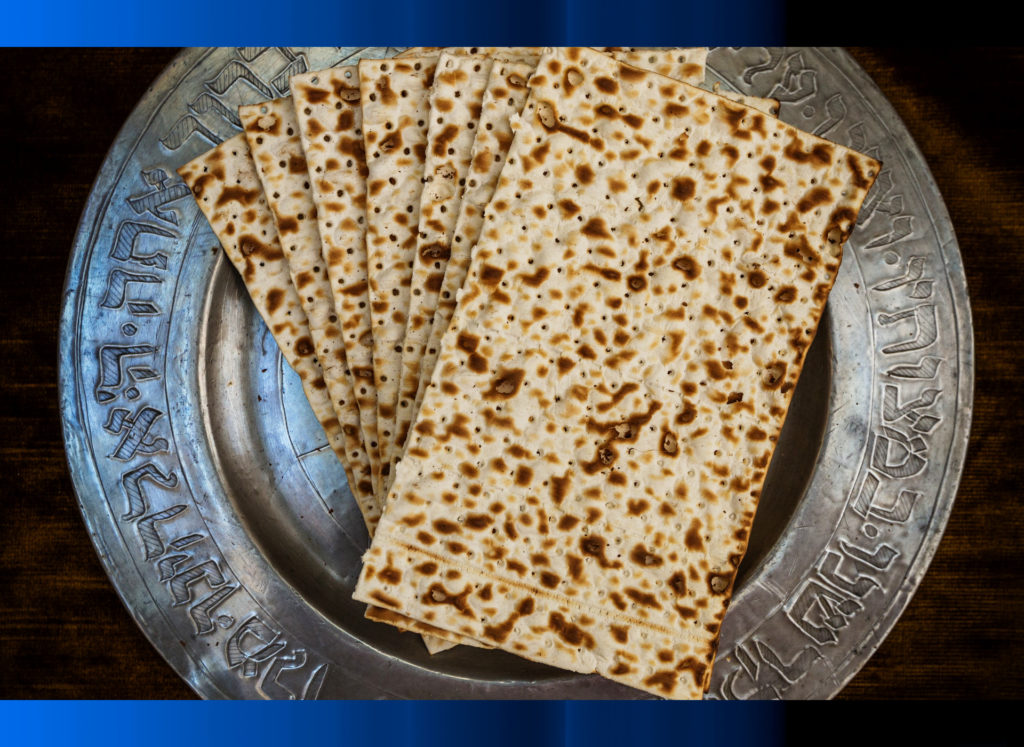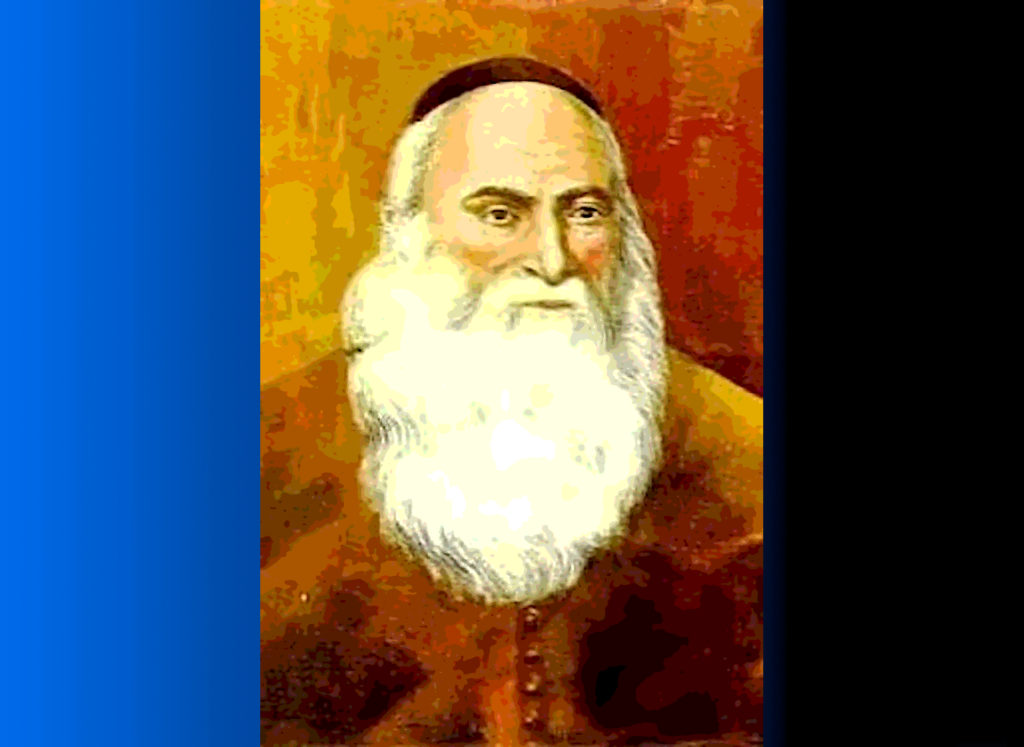(3 – 4 Minute Read)
Pesach is a week-long holiday (eight days outside of the land of Israel). This year, the key days of the holiday partially overlap with Shabbat, the Jewish Sabbath.
Our Chachamim, rabbinical sages of blessed memory, have posed an interesting question. In the Torah, the Almighty commands us to eat matzah, or unleavened bread, on the first night of Pesach. However, there is a prohibition to avoid chametz, or yeast and leavening products, throughout the entire week / eight days of Pesach. In other words, while the Jewish people generally eat matzah throughout the full holiday, it is technically acceptable to merely eat matzah on the on the first night, and then to eat meat, fish, vegetables, and other chametz-free foods and no matzah for the remainder of the Pesach week
But what is the significance of avoiding chametz all throughout Pesach? Indeed, we are commanded by the Most High to remove all traces of chametz and leavened products from our homes, and a Jewish person who intentionally eats chametz during Pesach, that “soul” is “cut off from the congregation of Israel.” (Shemot / Exodus 12:19)

The great Sephardi sage, Rabbi Don Yitzchak Abravanel, gives us some additional insight on the matter. He said that chametz is representative of the yetzer hara, the evil inclination and sinful desires. It is these evil impulses that are destructive to the Jewish people on a spiritual level, and hence the expression “that soul shall be cut off.”
Rabbi Abravanel takes the analogy further. Pesach occurred in the spring, when the entire world is experiencing a form of “rebirth.” Just as the world sheds off the lifelessness of winter and bursts with life, so, too, the Jewish people had their own season of “spring” and “rejuvenation.” And that “spiritual spring” experienced by the Jewish people as we left the “winter” of Egyptian slavery was not to be tainted by the yetzer hara, the evil inclination and negative impulses.
Interestingly enough, chametz is sometimes equated with excessive pride and egotistical arrogance. And, coincidentally, the holiday of Pesach usually occurs around the same time that we are reading in the Torah about tzaarat according to the annual reading cycle. The Tanakh implies (and the chachamim overtly expound) that one of the sins that causes tzaarat, or Biblical leprosy, is severe arrogance.
But what is the connection between chametz, the yetzer hara, and arrogance? In a word, most sin is derived from selfishly putting our own interests and desires above others. In fact, it is almost a form of “self-worship” of ourselves in a pseudo-”idolatrous” way. Stealing, for example, is motivated by taking something from someone else to have for ourselves. The thief has determined that his or her desires are more important than the property rights of someone else.

In many ways, this selfishness is what the Jewish people were escaping as they exited Egypt. The Jewish people were enslaved against their will to serve the Egyptians selfish interests. Now, they had been freed from that. But the Almighty was making it clear that the early nation of Israel was not to focus on their own selfish interests instead. Rather, they were to be the servants of the Most High. And the “instruction manual” to be the servants of the Almighty is the Torah itself, which requires us to put the Most High first in our lives, and ceasingly strive to remove the yetzer hara and evil inclination.
May the Holy One, Blessed Be He, give us the strength and ability to always remove all “chametz” from our lives. May we ever remember our exodus from Egypt, and be motivated to serve the Most High properly. And may we conclude our Pesach holiday with joy and spiritual fulfillment, and may we continue to be free from both physical and spiritual chametz.
